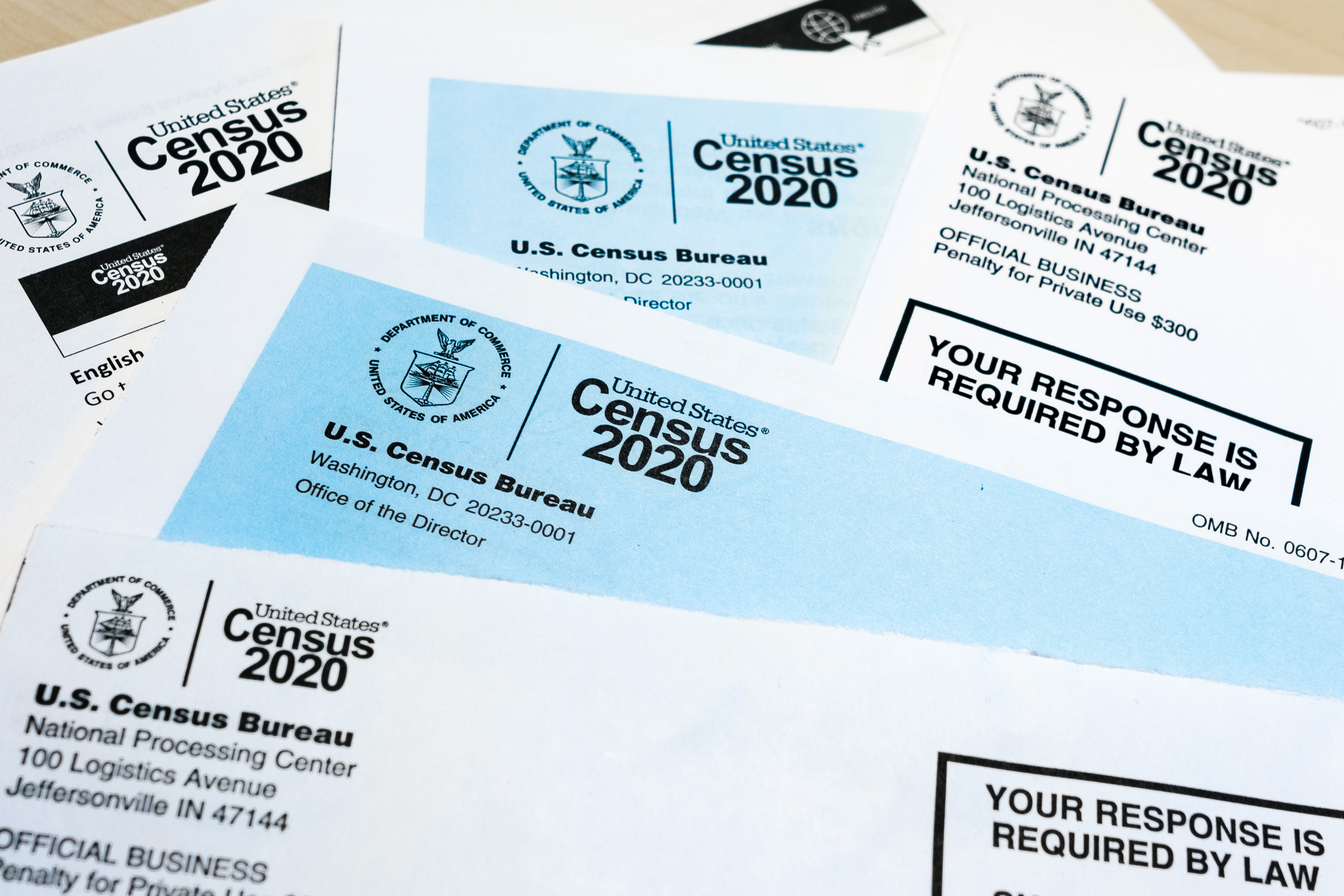The U.S. Census Bureau released 2020 Census data on Thursday showing that Huntsville is now the largest city in the state of Alabama, vaulting well ahead of Birmingham, where the Census Bureau found a steep decline in population over the last decade.
The new 2020 Census numbers are dramatically different than the 2020 Census Bureau estimates that had Birmingham still with a slight advantage in population over Huntsville, the state’s fastest growing city.
Census workers counted 215,006 residents in Huntsville versus a 2020 Census estimate of just 205,472 residents. That is nearly an 18.9 percent increase for the City versus the 2010 Census population.
In Birmingham, on the other hand, Census worker only counted 200,733 actual residents; versus the 207,235 residents that the Census Bureau had expected to find in its 20202 Census estimates.
Huntsville Mayor Tommy Battle says that he is focused on making Huntsville the best city in the state, not necessarily the biggest.
“I’m proud that the great things we have going on in Huntsville have grown our city,” said Huntsville Mayor Tommy Battle. “To tell the truth, we’re more focused on being the best than the biggest. That is what my team and I are going to continue to work on every day.”
Congressman Mo Brooks, R-AL05, who has represented Huntsville in Congress over the last decade, said that Huntsville is a great place to live.
“The secret is out… Huntsville is a pretty great place to live, and now it’s the biggest city in Alabama!” Brooks said on social media. “I’m glad to see that the amazing city we call home has added a few new neighbors. Thanks to everyone that makes the Rocket City such a special place!”
Huntsville vaulted from being the fourth largest city in the state in the 2010 Census with just 180,941 resident to the number one city in the state of Alabama with 215,006 residents.
Birmingham was once called the Magic City for how fast it grew in the early decades of the twentieth century; but the city has been in decline for the last 60 years from over 360,000 residents in 1960.
Birmingham saw its population plummet from 212,328 in the 2010 Census to just 200,733 in the 2020 Census.
Montgomery saw a population decline in the last decade; though it was not as dramatic as in Birmingham. The Census Bureau counted 200,603 residents in Montgomery in 2020, which is down from 205,593 residents in 2010. Montgomery actually exceeded its Census estimate.
Mobile dropped from being the third most populous city in the state in 2010 to the fourth in 2020. Mobile has 187,041 residents in the 2020 Census versus 194,577 in 2010.
Mobile, Montgomery, and Huntsville all beat their 2020 Census estimate number; while Birmingham came far below the Census estimate.
Despite the disappointing Census results, the Birmingham metro area remains the largest in the state, with many more people residing in the ring of cities around Birmingham than living in the City of Birmingham itself. Many of those cities experienced robust growth in the last decade.
“Growth in any city is good for Alabama, good for Birmingham and for our metro region,” Birmingham Mayor Randall Woodfin said in a statement. “Birmingham is the nucleus of the state’s largest metro population and economic center. The Magic City continues to evolve as a diverse urban center and leader in regional growth. Our strength as a medical center, emerging hub for tech start-ups and logistics center keeps Birmingham positioned for positive growth in the future. We will closely analyze the Census data to determine how they arrived at these numbers. As we conduct that analysis, I am committed to continued infrastructure, smart renewal and regional cooperation to make Birmingham the best version of itself possible.”
The 2020 Census will used to reapportion and redistrict Alabama’s congressional, state Legislature, and state school board districts ahead of the 2022 election. The Legislature is expected to take up redistricting in a special session this fall.




















































